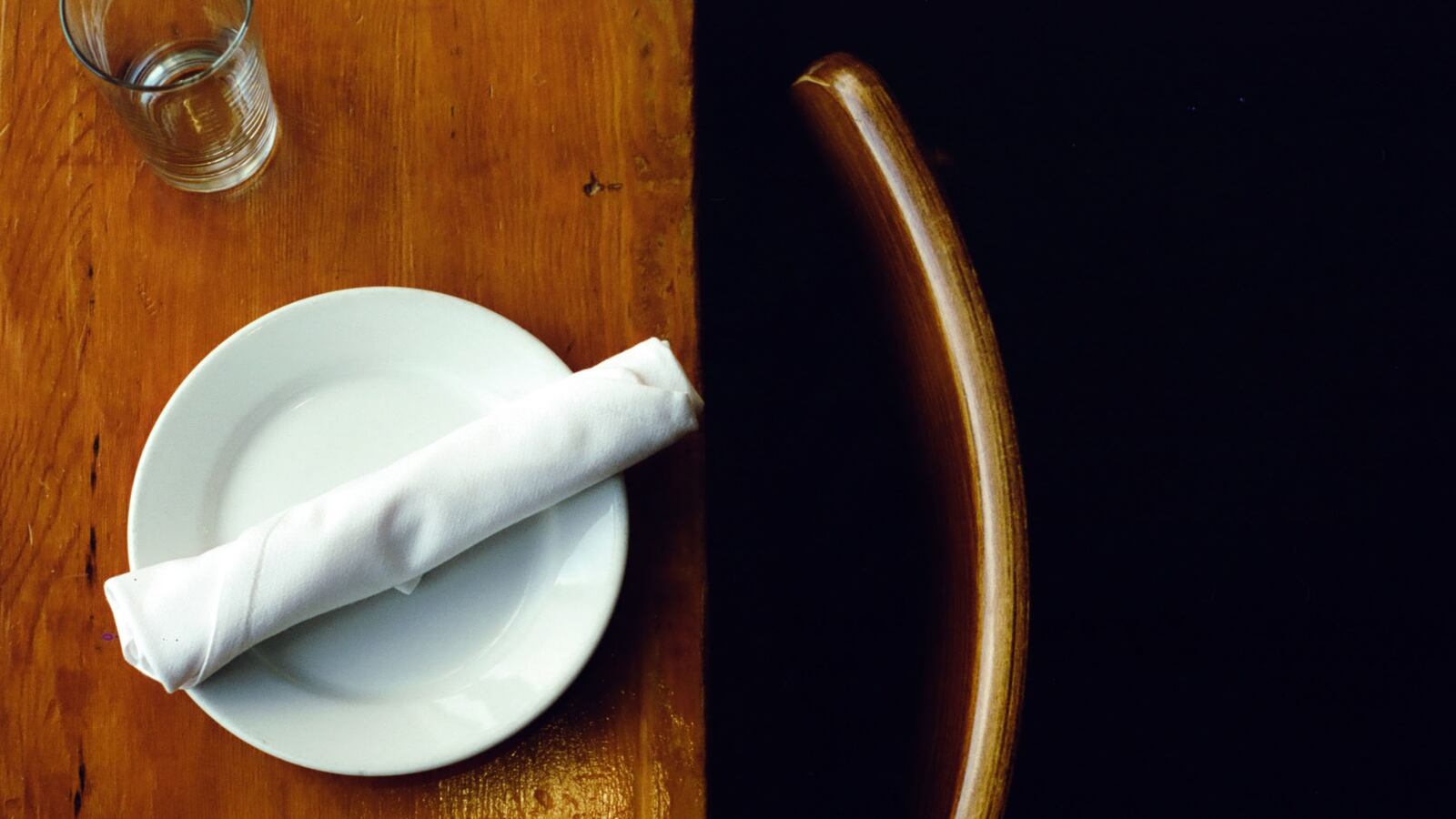My world revolves around two bars in the same downtown Portland, Oregon, building: Clyde Common and Pépé Le Moko. Clyde Common is a European-style tavern, a place where the food and the drinks are co-stars, rather than one being the lead. Pépé Le Moko is more of what you’d think of when you think of a cocktail bar: dark, intimate, and a place where the drinks are the primary focus.
The contrast between bar and restaurant has fascinated me for the majority of my career. It has uncovered a host of opposing moments that are typical of my daily life behind the bar and managing both establishments. Some of these moments could be seen as mundane, but all of them, on closer inspection, are special in their own unique way.
Last year, I began to teach myself photography as a hobby and activity that would give me even more to do with my hands and my heart. But more and more, I’m finding myself drawn to capturing those hard to describe in-between moments/feelings/things that keep me coming back to the bar, decade after decade.
All of the following images were shot by me with a 1989 Nikon F4s 35mm camera, and developed and scanned by Blue Moon Camera here in Portland. In order to most accurately share with you how I see my world, these images have been spared of any digital manipulation, other than some cropping and straightening.

I made the transition from standalone bars to restaurant bars in 2001, after five years of working in neighborhood taverns, nightclubs, and pool halls. I immediately fell in love with the way a bar sits in the landscape of a restaurant, and I’ve never tired of the beauty of a restaurant set for service. The simplicity of a place setting is just this perfect little tableau for me, like a sheet of ruled, lined paper waiting to be written upon.
But the sight of a place setting can send shivers up the spine of some industry veterans. Once you’ve had rolling silverware up in napkins as a part of your daily routine, you never unlearn it. After so many years of doing it, it becomes this thing you can do in your sleep. I think everyone who has ever worked in a restaurant knows this feeling.

The dish pit, as it is affectionately known, is the room in the back of any restaurant where dishes are washed at a seemingly endless rate. It’s wet, it’s dirty, and it’s just kind of gross. And while it’s not exactly the heart of the restaurant, it is everything from the stomach on down. As anyone who’s ever worked alongside one will quickly point out, a dish pit that isn’t working will bring a restaurant to its knees. Many illustrious careers in the restaurant business have started in rooms exactly like this one.

Given the sophistication of our establishments, you might be tempted to assume that the office at Clyde Common would be in a glamorous part of the building. But it’s not. In fact, it is located directly beneath the dish pit, which means there is a constant stream of unpleasant liquid dripping on the heads of the people who work down there every day.
It’s also located directly across from the employee restroom, and here my boss, owner Nate Tilden, sits with our general manager Taylor Bougie, to negotiate which one of them will be installing the new employee toilet seat that’s sitting in Nate’s lap.

Getting to use fresh produce is one of the many perks of working behind a restaurant bar. Even when you come across the occasional moldy guy, like that lemon in the back, it outweighs the fact that rather than spending all of my time in meetings, on the phone, or hunched over a screenful of email, I get to handle a connection to the earth.

Not every city has a composting program. Fortunately for us, Portland is one that does. Every day we create hundreds of pounds of food waste that is saved from the landfill and turned into rich compost for our local farms, which will then in turn be used to grow more fruit and vegetables for us.
When I was done squeezing these oranges for brunch service one morning, and admiring their fragrant aroma and the vivid color of their spent shells, it struck me how much I appreciate fresh fruit, even when it’s used up and headed for the compost bin. And as a bonus, when I’m done with them they go on to contribute just a little bit more goodness to the world.

A lot of words have been devoted to craft cocktail bars that hand-carve their own ice from a single block of crystal clear, sculpture quality ice. It’s beyond impressive, and it takes a lot of time, space, and energy to do so.
But we don’t have the luxury of having a surplus of any of those things at Clyde Common, so one of the chores that has to be done at the end of the night is filling up these silicone ice cube trays. The opening bartender then comes in and pops them out into these sixth pans so that we can easily grab a couple during service and have some nice big rocks to serve a whiskey over.

But downstairs at Pépé Le Moko, we have the space and the resources to allow us to purchase two-inch cubes of sculpture-quality ice, and so we do. There is a company here in Portland called PDX Ice, which supplies all of the bars with a range of ice cube sizes. And every week, our good friend Chino packs this freezer bag on his shoulders and makes the long trek down our often-treacherous staircase to deliver enough ice for the week.

This is one of the scenes I think many people have in their heads when they think about a bartender in a busy restaurant. A blur of an apron, which is constantly on the move but always makes its way back to that damn computer. I know that it’s one of the things I will remember most when I finally hang up my own well-worn apron. I’ve spent more time than I care to count staring into that computer screen trying to figure out what I was doing there in the first place.

Sadly, most people will never get the opportunity to experience the beauty of the other side of that image. To me, and to many of us behind the bar, this is the sort of battle station that would win in a contest between any type of workplace setup. Keep your office with a window and a view: I’ll take a properly organized bar, like the one Catherine has constructed at Pépé Le Moko.

Bartenders get to see and be a part of so many incredible things over the course of their many shifts. One thing that always brings me great joy is seeing friends beginning what will, hopefully, be a long and successful career in the bar and restaurant business.
Our longtime friends Billy Wilson and Tyler Stevens recently opened Pink Rabbit, a cocktail bar around the corner from Clyde Common. And almost nightly, after day upon day of construction and planning and worrying, they would come into the bar to unwind over a beer while they discussed their ever-growing punch list.

This is our friend Mark. Mark is 80-years-old, and tended bar for 42 years. He lives in the neighborhood, is friends with every bartender within a ten-block radius of his condo, and is loved and adored by the community of people who now work in bars and restaurants in Portland.
He stops by every Monday and Tuesday, usually has a soda water, or half a shot of vodka, or half a beer. And he regales us with stories of his history in the business, all of the bars he helped open and run, and reminds us that no matter what stage of our career we’re in, we are always connected to something larger.

